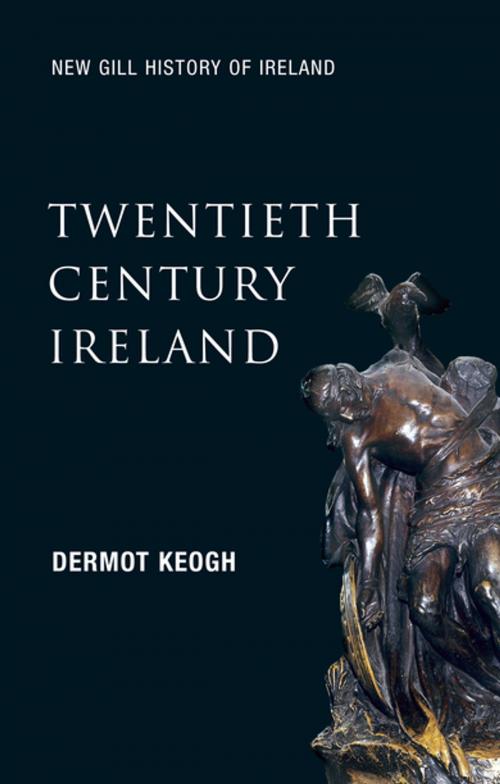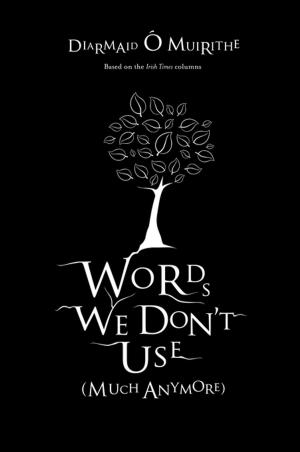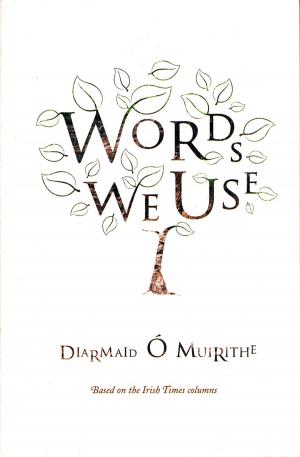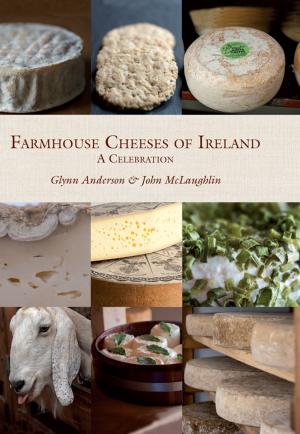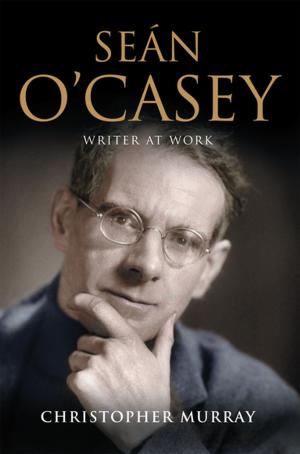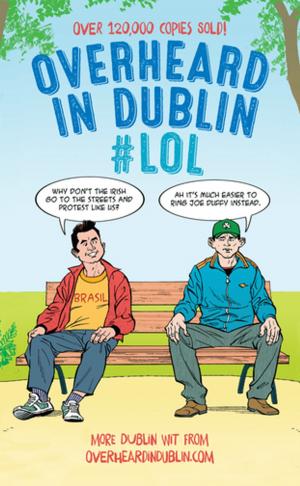Twentieth-Century Ireland (New Gill History of Ireland 6)
Revolution and State-Building – The Partition of Ireland, the Troubles and the Celtic Tiger
Nonfiction, History, Ireland, Western Europe| Author: | Professor Dermot Keogh | ISBN: | 9780717159437 |
| Publisher: | Gill Books | Publication: | September 27, 2005 |
| Imprint: | Gill Books | Language: | English |
| Author: | Professor Dermot Keogh |
| ISBN: | 9780717159437 |
| Publisher: | Gill Books |
| Publication: | September 27, 2005 |
| Imprint: | Gill Books |
| Language: | English |
Professor Dermot Keogh’s Twentieth-Century Ireland, the sixth and final book in the New Gill History of Ireland series, is a wide-ranging, informative and hugely engaging study of the long twentieth century, surveying politics, administrative history, social and religious history, culture and censorship, politics, literature and art.
It focuses on the consolidation of the new Irish state over the course of the twentieth century. Professor Keogh highlights the long tragedy of emigration, its effect on the Irish psyche and on the under-performance of the Irish economy. He emphasises the lost opportunities for reform of the 1960s and early 70s. Membership of the EU had a diminished impact due to short-term and sectionally motivated political thinking and an antiquated government structure. Professor Keogh looks at how the despair of the 1950s revisited the country in the 1980s as almost an entire generation felt compelled to emigrate, very often as undocumented workers in the United States.
Professor Keogh also argues that the violence in Northern Ireland from the late 1960s was an Anglo-Irish failure which was turned around only when Britain acknowledged the role of the Irish government in its resolution.
He extends his analysis of the twentieth-century to include a wide-ranging survey of the most contentious events—financial corruption, child sexual abuse, scandals in the Catholic Church—between 1994 and 2005.
Twentieth-Century Ireland: Table of Contents
- A War without Victors: Cumann na nGaedheal and the Conservative Revolution
- De Valera and Fianna Fáil in Power, 1932–1939
- In the Time of War: Neutral Ireland, 1939–1945
- Seán MacBride and the Rise of Clann na Poblachta
- The Inter-Party Government, 1948–1951
- The Politics of Drift, 1951&1959
- Seán Lemass and the ‘Rising Tide’ of the 1960s
- The Shifting Balance of Power: Jack Lynch and Liam Cosgrave, 1966–1977
- Charles Haughey and the Poverty of Populism
- Ireland in the New Century
Professor Dermot Keogh’s Twentieth-Century Ireland, the sixth and final book in the New Gill History of Ireland series, is a wide-ranging, informative and hugely engaging study of the long twentieth century, surveying politics, administrative history, social and religious history, culture and censorship, politics, literature and art.
It focuses on the consolidation of the new Irish state over the course of the twentieth century. Professor Keogh highlights the long tragedy of emigration, its effect on the Irish psyche and on the under-performance of the Irish economy. He emphasises the lost opportunities for reform of the 1960s and early 70s. Membership of the EU had a diminished impact due to short-term and sectionally motivated political thinking and an antiquated government structure. Professor Keogh looks at how the despair of the 1950s revisited the country in the 1980s as almost an entire generation felt compelled to emigrate, very often as undocumented workers in the United States.
Professor Keogh also argues that the violence in Northern Ireland from the late 1960s was an Anglo-Irish failure which was turned around only when Britain acknowledged the role of the Irish government in its resolution.
He extends his analysis of the twentieth-century to include a wide-ranging survey of the most contentious events—financial corruption, child sexual abuse, scandals in the Catholic Church—between 1994 and 2005.
Twentieth-Century Ireland: Table of Contents
- A War without Victors: Cumann na nGaedheal and the Conservative Revolution
- De Valera and Fianna Fáil in Power, 1932–1939
- In the Time of War: Neutral Ireland, 1939–1945
- Seán MacBride and the Rise of Clann na Poblachta
- The Inter-Party Government, 1948–1951
- The Politics of Drift, 1951&1959
- Seán Lemass and the ‘Rising Tide’ of the 1960s
- The Shifting Balance of Power: Jack Lynch and Liam Cosgrave, 1966–1977
- Charles Haughey and the Poverty of Populism
- Ireland in the New Century
